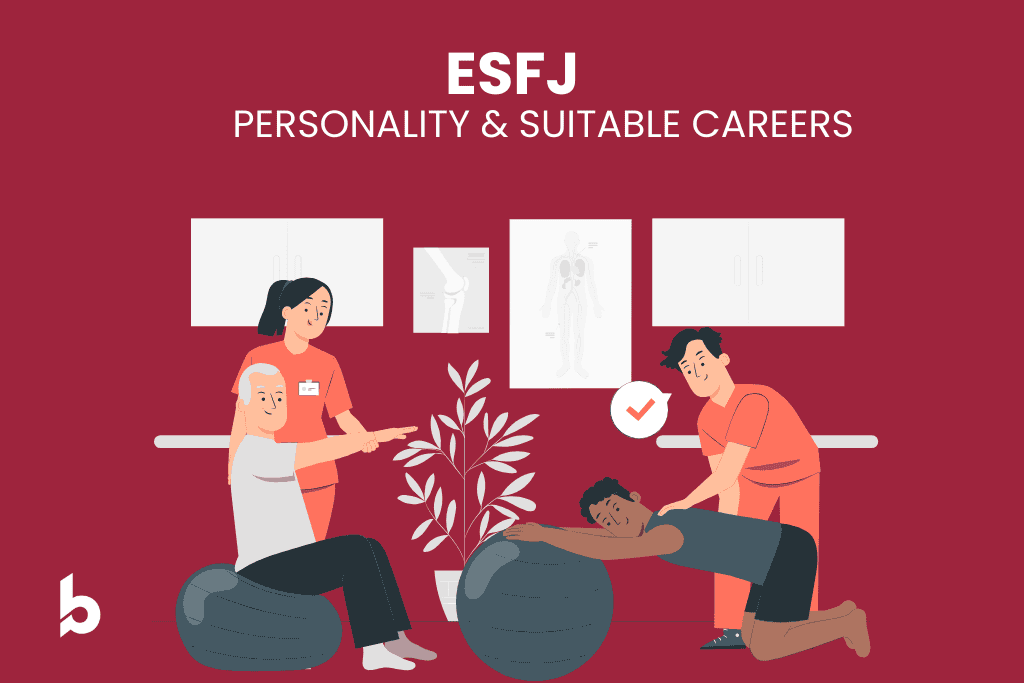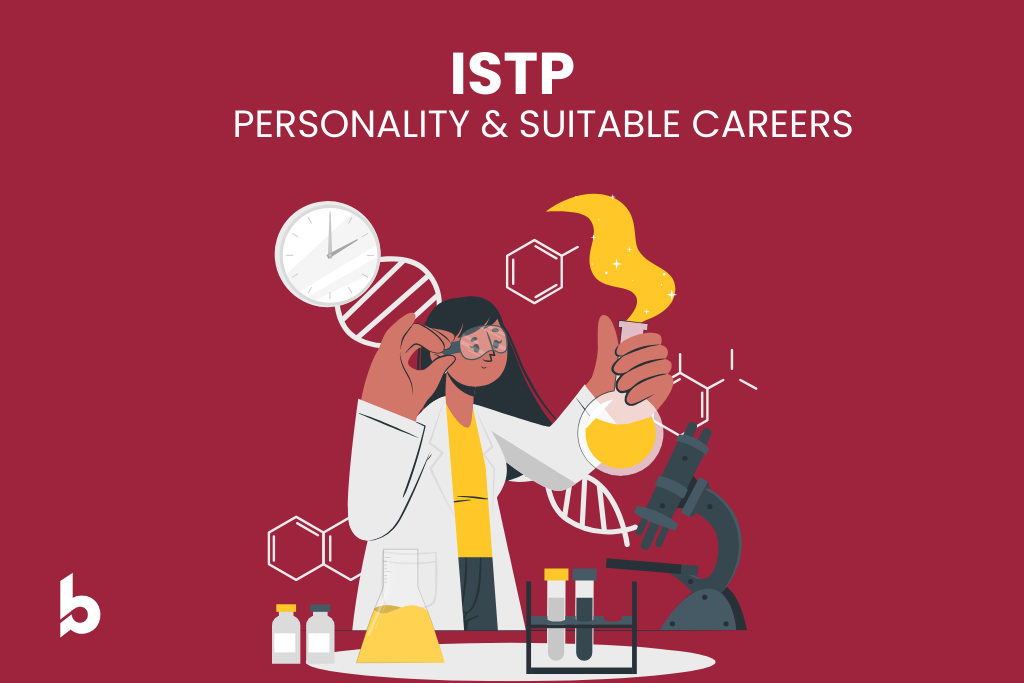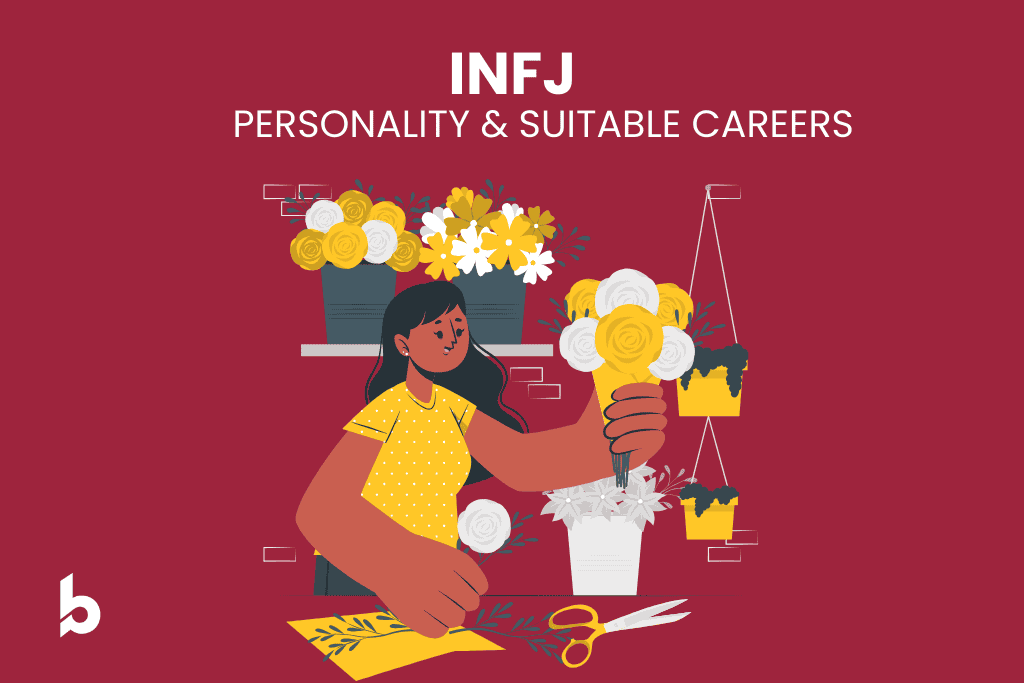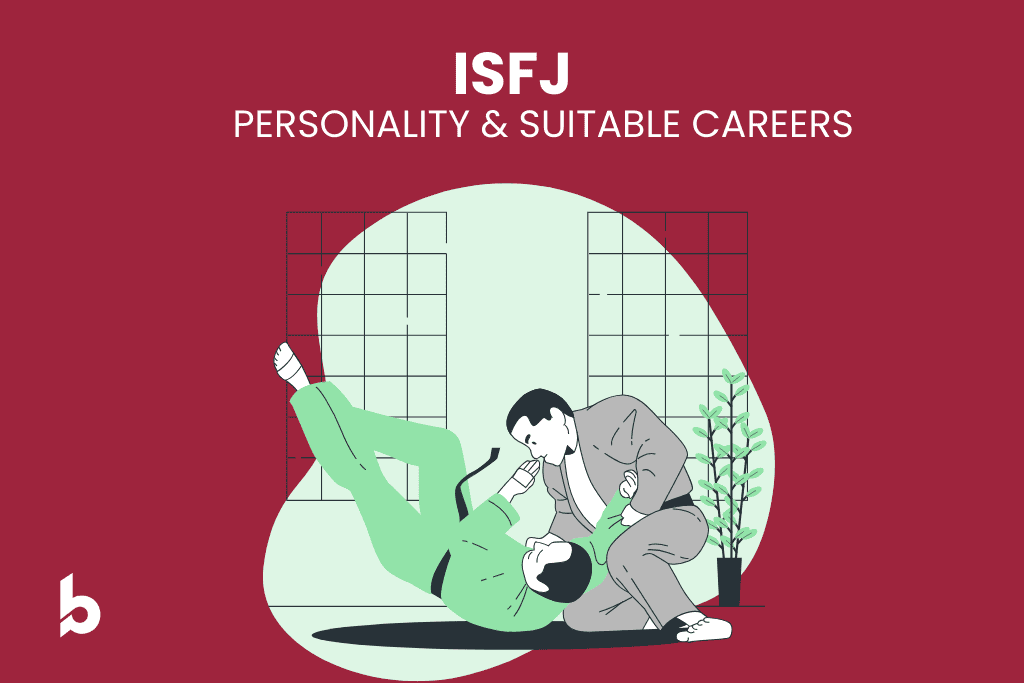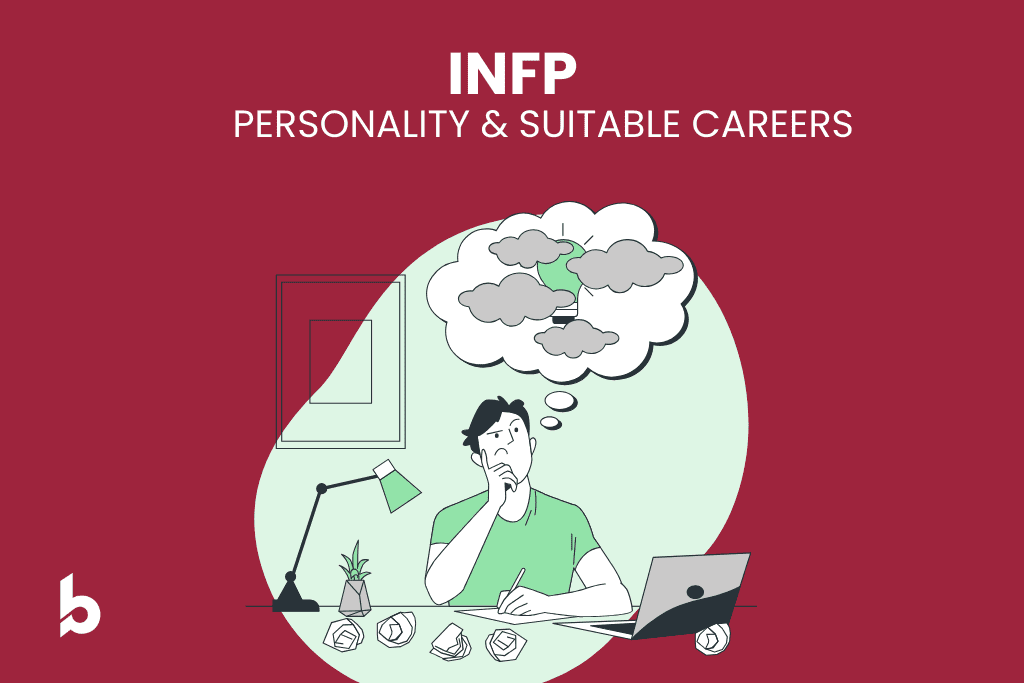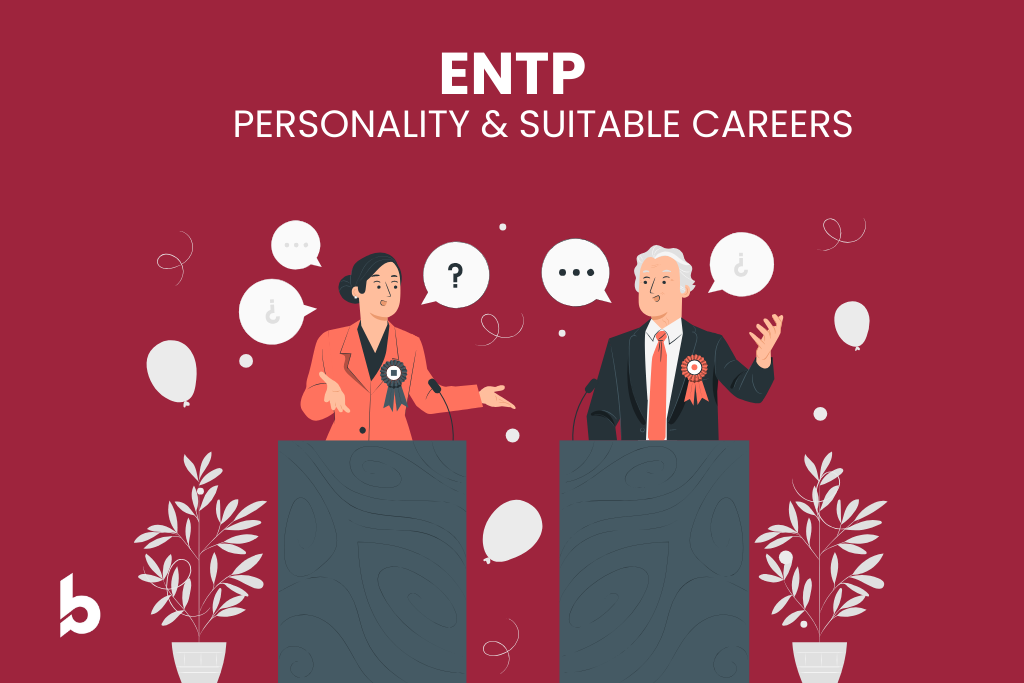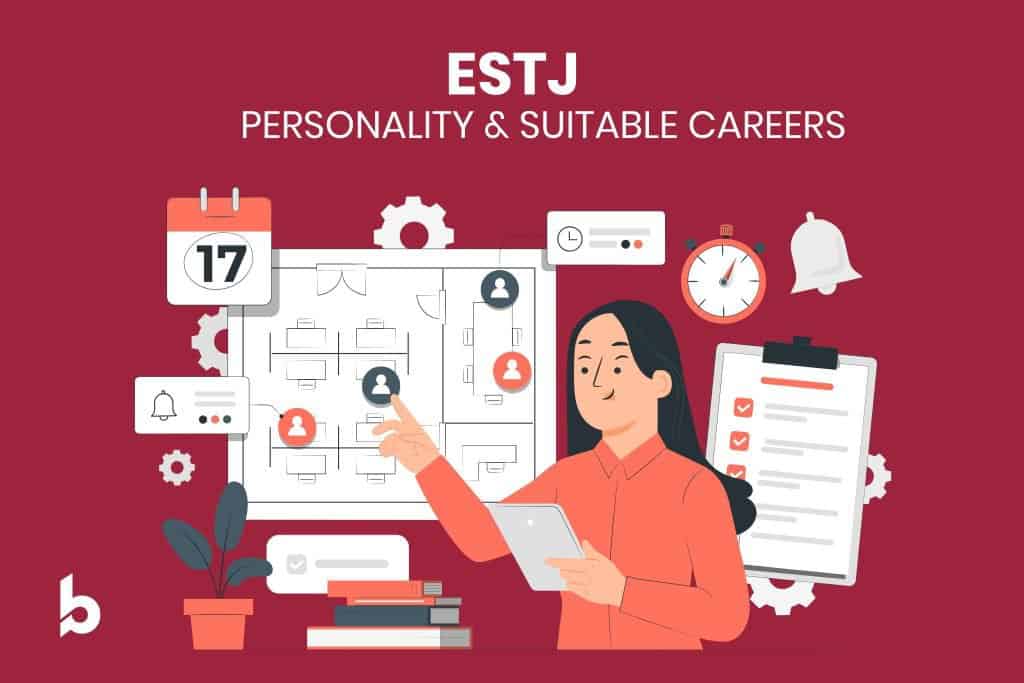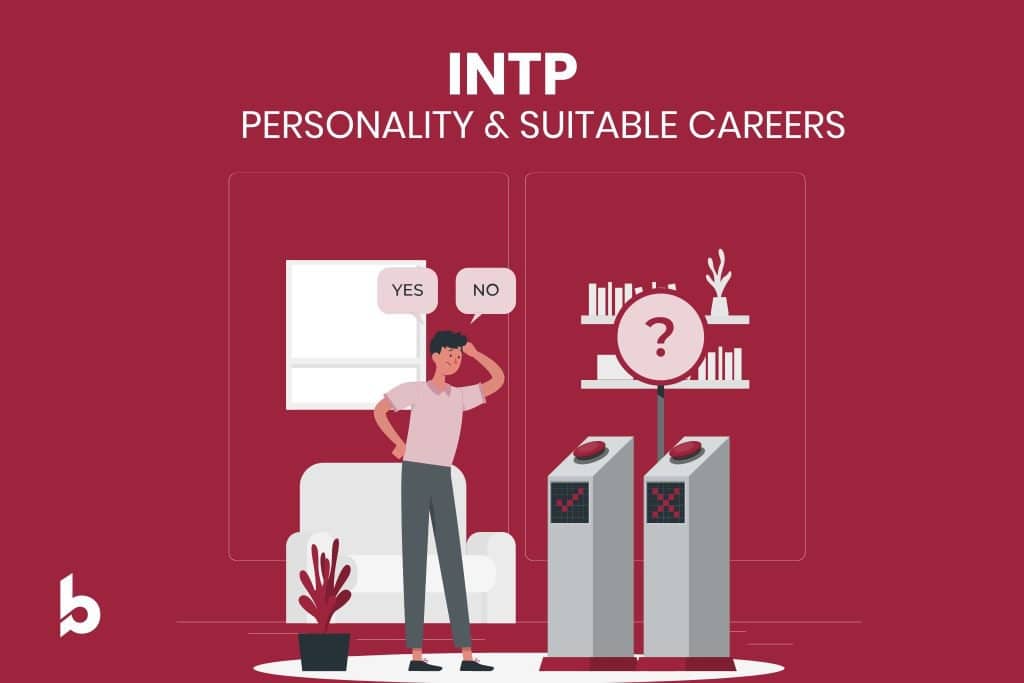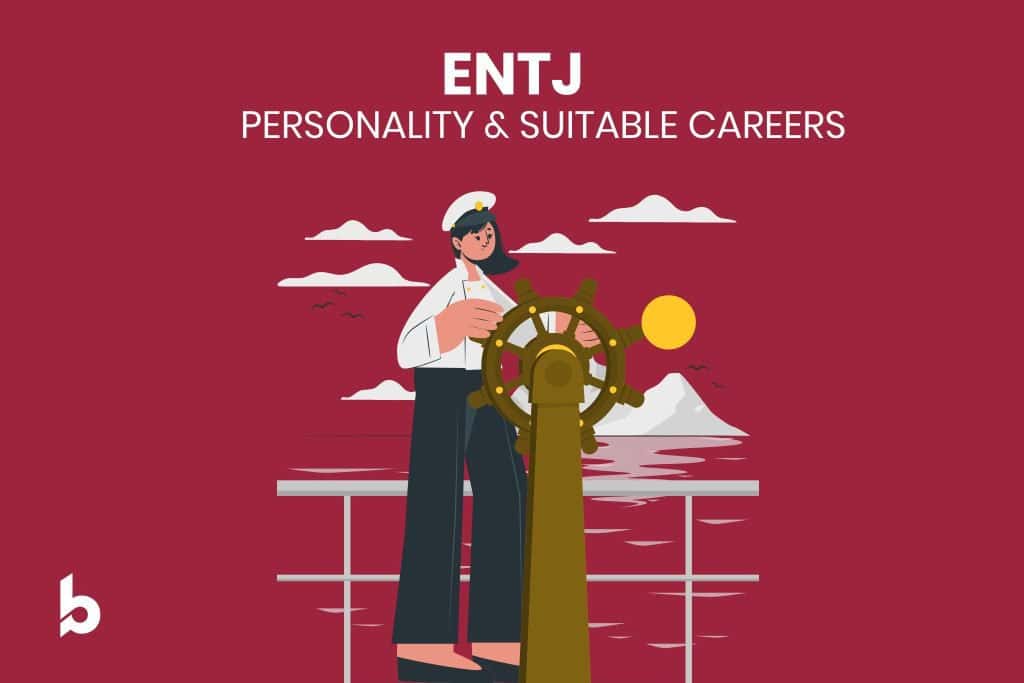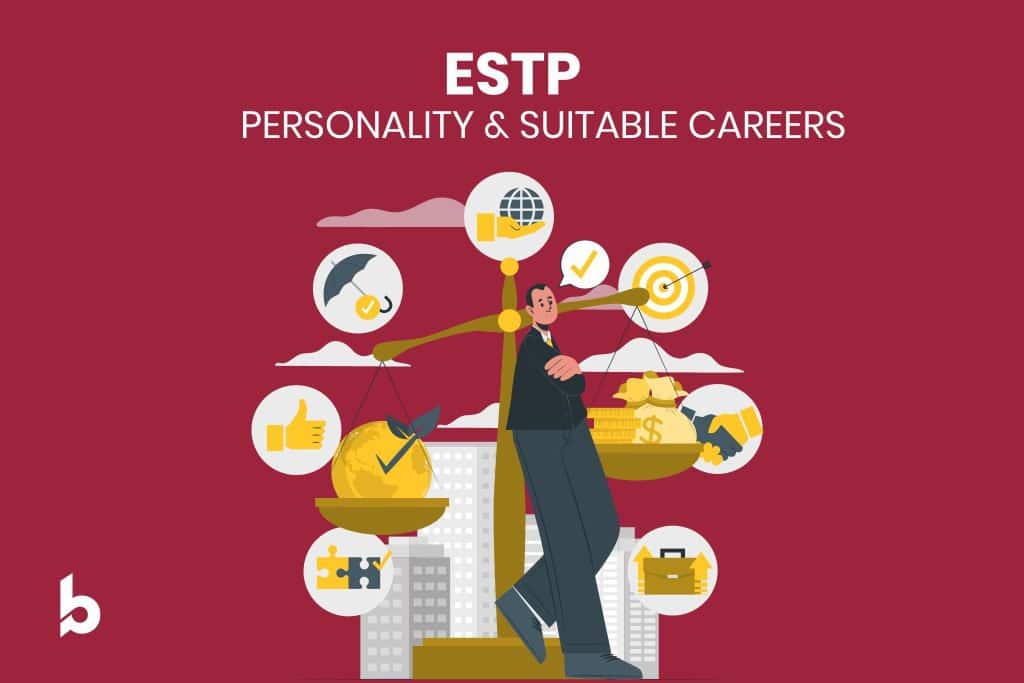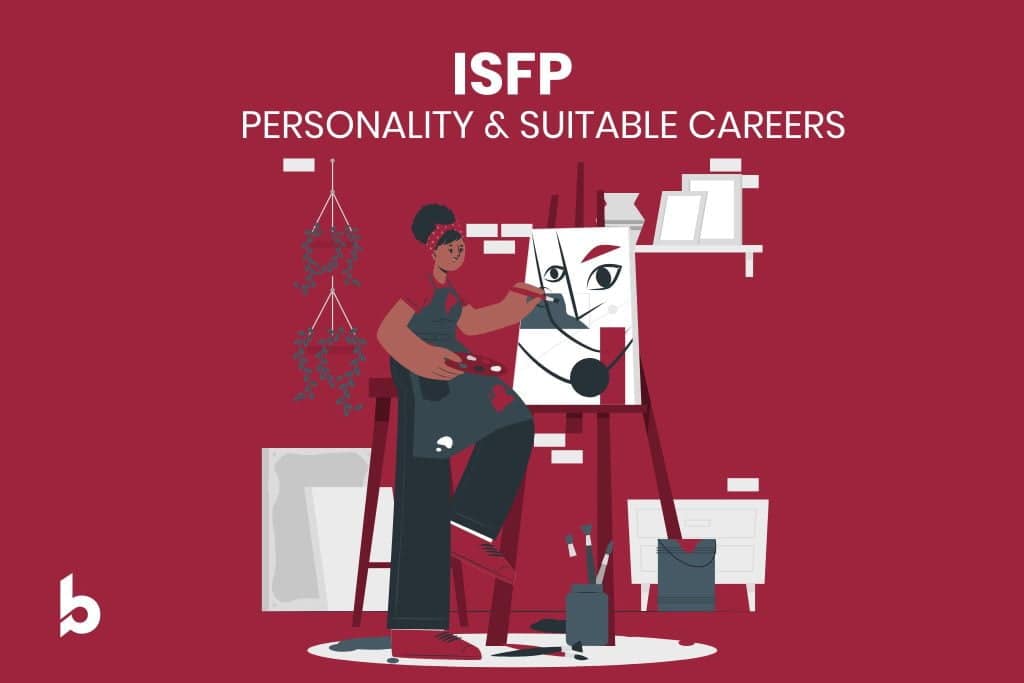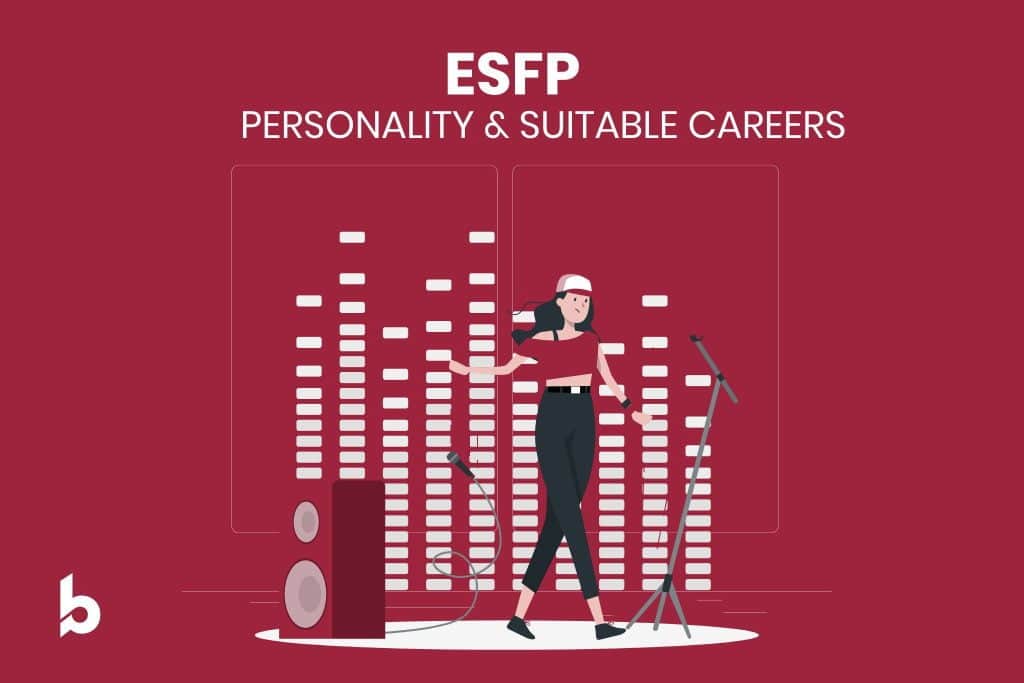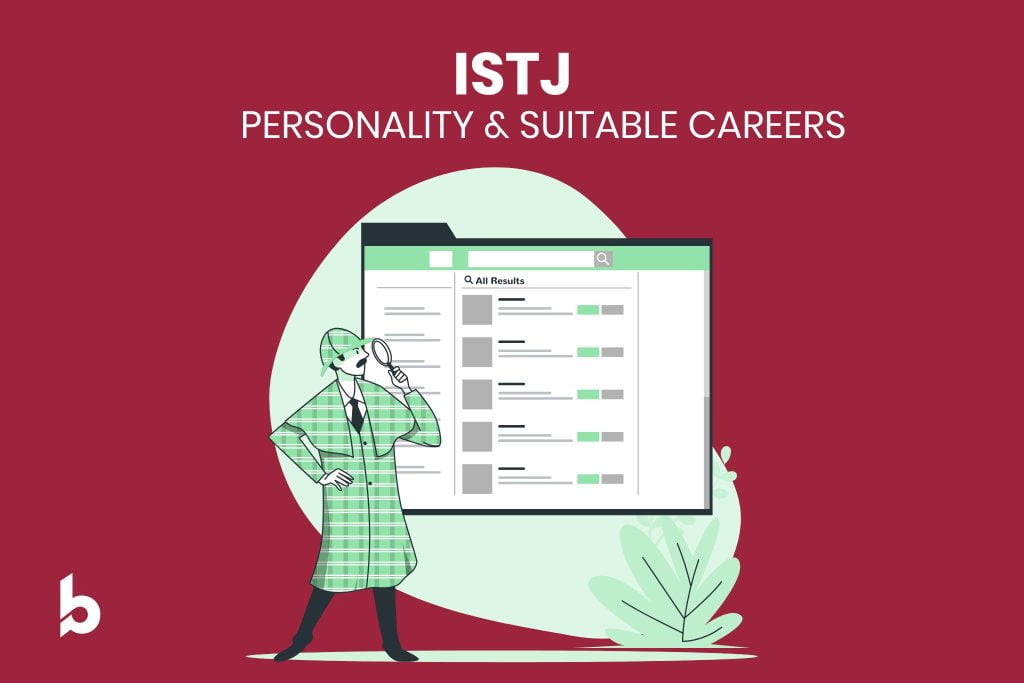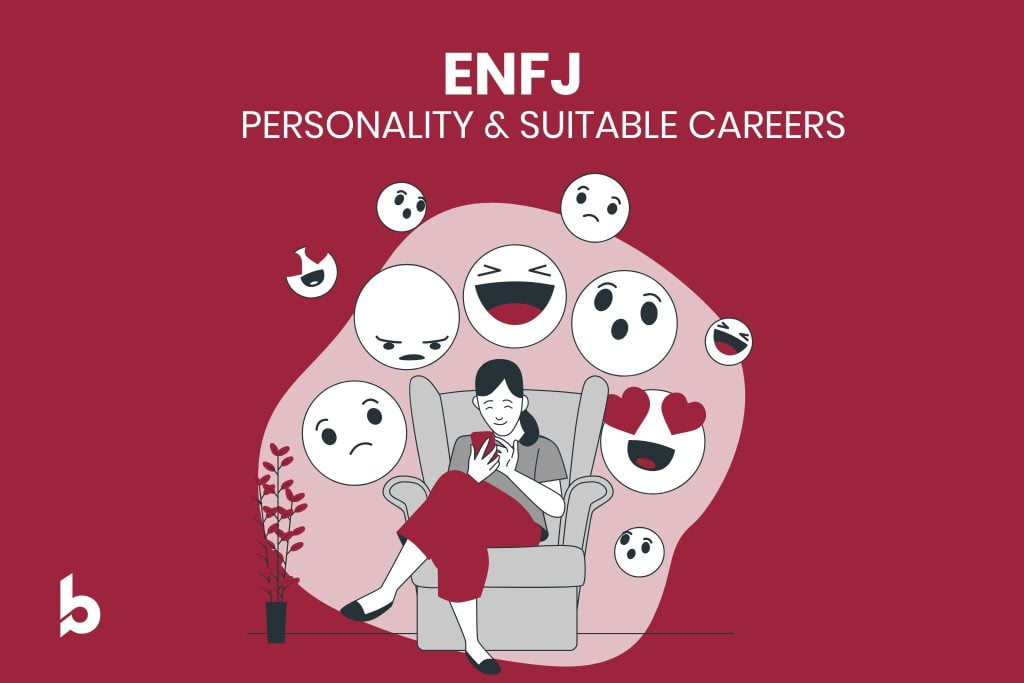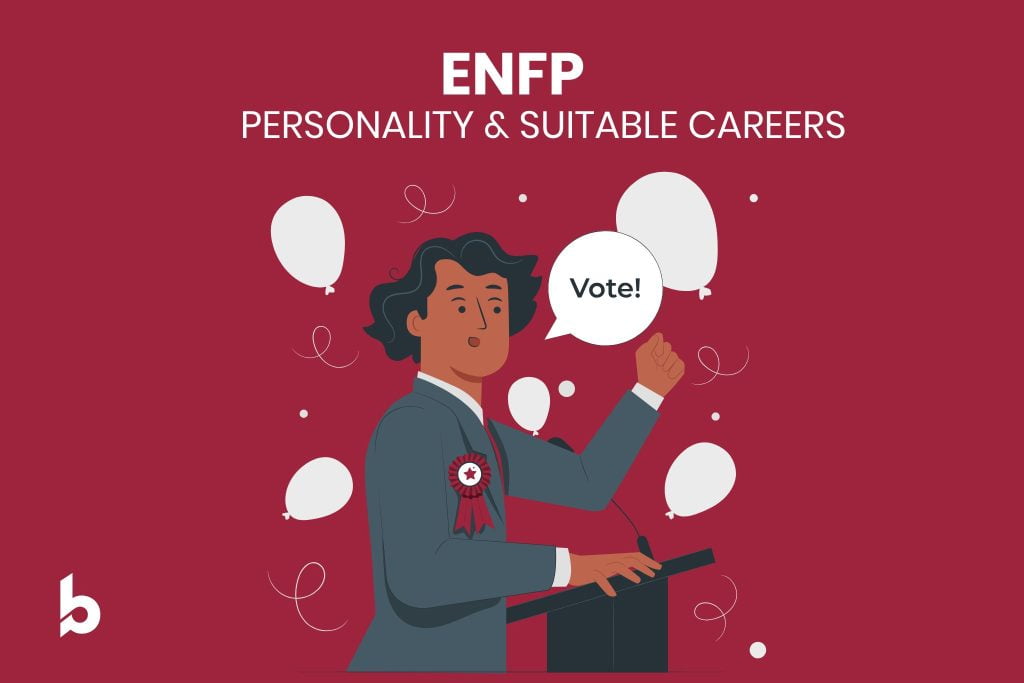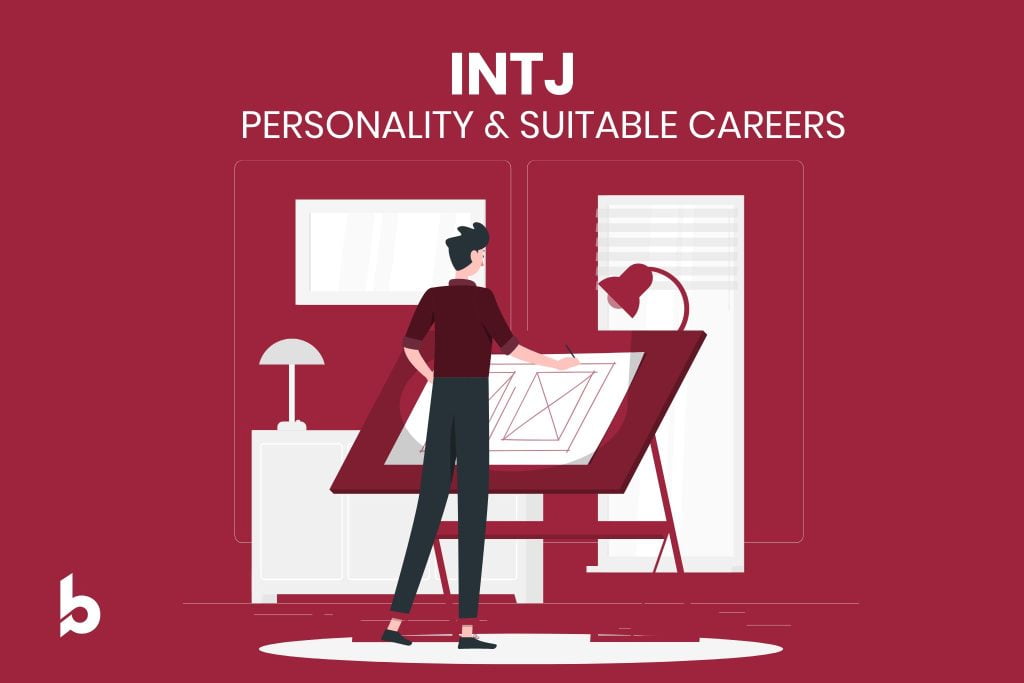Find Your Ideal Career Based on MBTI
Don't risk an unsatisfying career. Discover your ideal career path based on your MBTI personality type. Find out now what roles you're truly suited for and avoid years of frustration and missed opportunities. Start your journey to professional success today!

Free MBTI Assessment
Discover who you truly are and unlock your ideal career path—take your free personality test now!
TAKE FREE ASSESSMENT
The link above (or below) is an affiliate link with Truity.com. This means that, at no additional cost to you, SBO will earn a commission if you click through and purchase an assessment.
What is MBTI?
The Myers-Briggs Type Indicator (MBTI) is a popular personality assessment tool designed to help individuals understand their psychological preferences in how they perceive the world and make decisions. Developed by Katharine Cook Briggs and her daughter Isabel Briggs Myers, the MBTI is based on Carl Jung's theory of psychological types. The test categorizes people into 16 distinct personality types, each represented by a four-letter code derived from four dichotomies: Introversion (I) vs. Extraversion (E), Sensing (S) vs. Intuition (N), Thinking (T) vs. Feeling (F), and Judging (J) vs. Perceiving (P). By identifying their MBTI type, individuals can gain insights into their strengths, communication styles, and preferred ways of interacting with others.
1. Introversion (I) vs. Extraversion (E)
- Introversion (I): Prefers solitary activities and gets energized by spending time alone. Introverts tend to focus on their inner thoughts and feelings.
- Extraversion (E): Prefers group activities and gets energized by interacting with others. Extraverts tend to focus on the external world of people and activities.
2. Sensing (S) vs. Intuition (N)
- Sensing (S): Prefers to take in information through the five senses, focusing on what is real and tangible. Sensors tend to be detail-oriented and practical.
- Intuition (N): Prefers to take in information through patterns, impressions, and possibilities. Intuitives tend to be more abstract and visionary.
3. Thinking (T) vs. Feeling (F)
- Thinking (T): Prefers to make decisions based on logic and objective analysis. Thinkers value fairness and consistency.
- Feeling (F): Prefers to make decisions based on personal values and the impact on others. Feelers value harmony and empathy.
4. Judging (J) vs. Perceiving (P)
- Judging (J): Prefers a structured, planned, and organized approach to life. Judgers like to have things settled and are often decisive.
- Perceiving (P): Prefers a flexible, spontaneous, and adaptable approach to life. Perceivers like to keep their options open and are often open-ended.
TypeFinder Personality Test
Explore your personality type with the TypeFinder Personality Test. Based on the theory of 16 types developed by Isabel Briggs Myers and Truity’s own original research, the TypeFinder goes deeper than any personality assessment you've taken before. The TypeFinder reveals not only your four-letter personality type code, but also how 23 additional facets of your personality make up your one-of-a-kind personality profile!
TAKE FREE ASSESSMENT
The link above (or below) is an affiliate link with Truity.com. This means that, at no additional cost to you, SBO will earn a commission if you click through and purchase an assessment.

